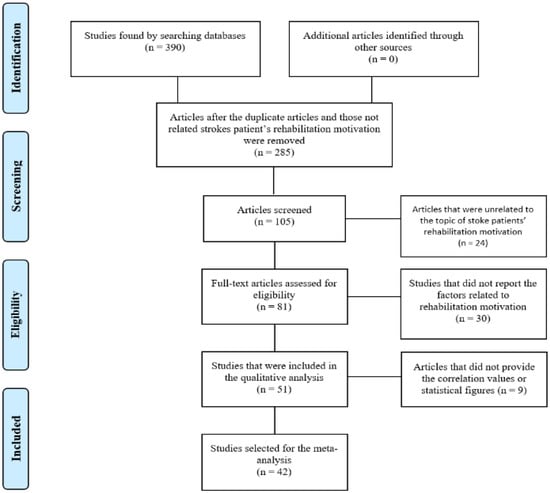You're going after the wrong people to motivate your doctor needs motivation to solve stroke by getting 100% recovery protocols created.
Psychosocial Factors Related to Stroke Patients’ Rehabilitation Motivation: A Scoping Review and Meta-Analysis Focused on South Korea
1
Rare Diseases Integrative Treatment
Research Institute, Wonkwang University, Jangheung Integrative Medical
Hospital, 121 Lohas-ro, Anyang-myeon 59338, Korea
2
Department of Medical History, College of Korean Medicine, Wonkwang University, Iksan 54538, Korea
3
Neuroscience Research Center, Department
of Neuropsychiatry of Korean Medicine & Inam Neuroscience Research
Center, Wonkwang University Sanbon Hospital, Iksan 15865, Korea
*
Author to whom correspondence should be addressed.
Academic Editor: Tadashi Ito
Healthcare 2021, 9(9), 1211; https://doi.org/10.3390/healthcare9091211
Received: 26 July 2021 / Revised: 2 September 2021 / Accepted: 9 September 2021 / Published: 14 September 2021
(This article belongs to the Special Issue Comprehensive Clinical Physiotherapy and Rehabilitation: Version II)
The incidence of strokes in individuals in their 30–40 s—who have
responsibilities towards their families—has increased. Additionally,
many stroke patients suffer from post-stroke disabilities and require
rehabilitation. However, especially in younger stroke patients, factors
such as financial burden and the inability to be productive lead to
depression and thereby, the lack of rehabilitation motivation—which
affects their therapeutic outcomes. Therefore, medical interventions
alone are not sufficient. This study aimed to identify the psychosocial
factors that affect stroke patients’ rehabilitation motivation. Hence, a
scoping review was conducted to analyze the research trends across
South Korean academic papers and theses, followed by a comprehensive
meta-analysis to identify the correlations among the variables. . The
internal factors were depression, cognition, self-efficacy, self-esteem,
disability acceptance, volition, communication, resilience,
empowerment, and uncertainty.(You got this all wrong, the reason for lack of motivation is no 100% recovery protocols, your last word only; uncertainty.) The external factors included sleep
pattern, quality of life, activities of daily living, physical function,
social support, financial burden, disease-related characteristi,cs, and
rehabilitation environment. Based on these findings, an intervention
model should be developed to provide social support to stroke patients.
Moreover, psychological interventions should be developed to enhance the
self-efficacy of stroke patients who are undergoing rehabilitation.
View Full-Text
▼
Show Figures
This is an open access article distributed under the Creative Commons Attribution License which permits unrestricted use, distribution, and reproduction in any medium, provided the original work is properly cited


No comments:
Post a Comment